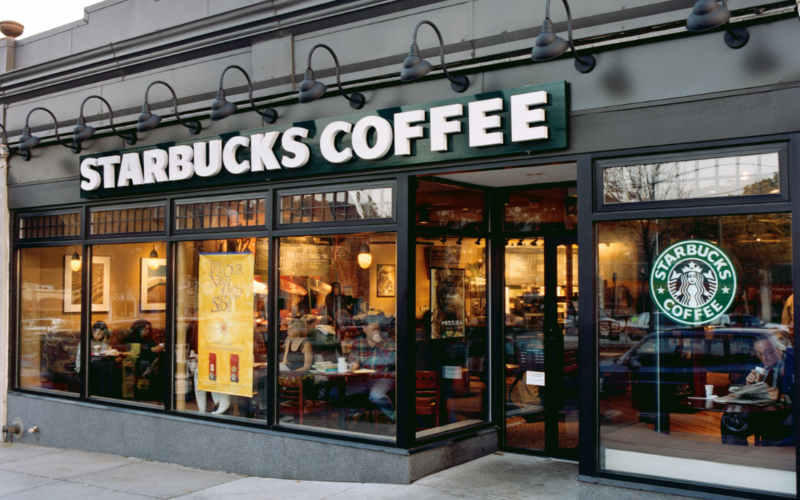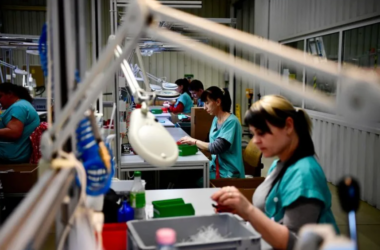Starbucks, the global coffeehouse chain, has unveiled an extensive strategy to boost its growth by expanding its global presence while also working on significant cost-saving measures. The company’s initiative aims to position it for sustainable long-term success.
Starbucks has set an ambitious target to grow its international presence by adding 17,800 new locations outside of North America by 2030. The coffee giant currently operates around 20,200 international cafes as of October 1. This expansion drive is part of Starbucks’ broader objective to reach 55,000 locations globally by 2030, a substantial increase from the current count of more than 38,000.
The company’s strategy emphasizes its commitment to global expansion, with plans to open approximately three out of every four new stores beyond the United States. This shift will mark a significant move toward a more internationally diverse store portfolio.
In addition to its global expansion goals, Starbucks has also unveiled a comprehensive cost-savings plan. The company has set its sights on achieving $3 billion in cost savings over the next three years. Starbucks’ executive team has detailed that $1 billion of these savings will come from optimizing store efficiency, streamlining operations, and improving overall cost management. The remaining $2 billion will be realized by reducing the cost of goods sold.
As part of its broader strategy, Starbucks is demonstrating its commitment to its workforce by announcing a significant wage increase for its baristas. The company’s goal is to double the hourly income of baristas by the end of fiscal year 2025, compared to their earnings in fiscal year 2020. This substantial wage increase will result from a combination of extended working hours and higher pay rates. Starbucks plans to release more details on this initiative in the near future.
This announcement is part of Starbucks’ “Triple Shot Reinvention Strategy,” as the company seeks to ensure its continued success in a changing market landscape.
Notably, Starbucks has faced challenges related to labor relations in recent months, with over 350 locations in the United States unionizing under Workers United. These locations have yet to reach collective bargaining agreements with Starbucks, and both the union and the National Labor Relations Board (NLRB) have accused the company of violating federal labor laws. These allegations include claims of withholding wage increases at unionized stores. Starbucks has consistently denied all allegations related to union activity.








